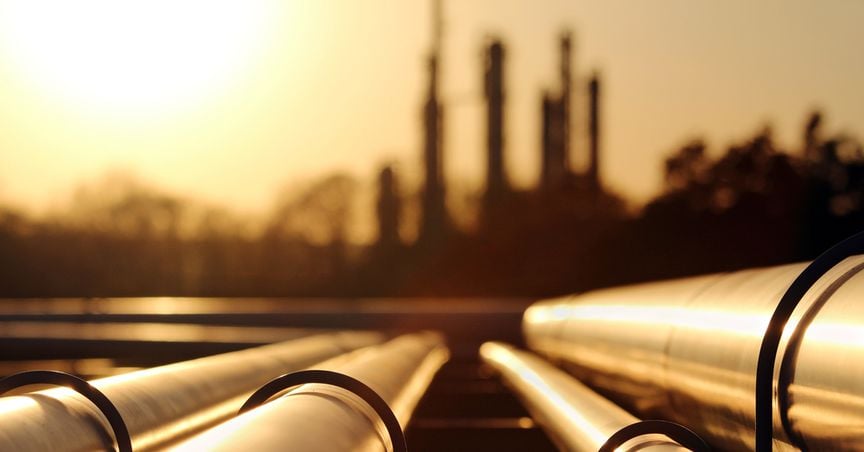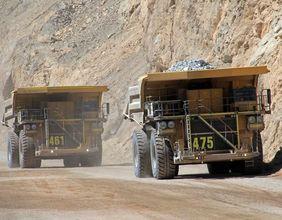Highlights
- Chancellor Rishi Sunak imposed a £5 billion windfall tax on the North Sea oil and gas producers last month.
- Over £8 billion of energy projects may potentially start production soon as fossil fuel companies are taking advantage of the new tax break under the windfall tax.
- For every £1 of investment made by the firms, 91p of tax savings is offered by the energy profits tax.
After Chancellor Rishi Sunak recently levied a £5 billion windfall tax on the North Sea oil and gas producers, over £8 billion of North Sea energy projects may potentially start production soon as fossil fuel companies are hoping to take advantage of the new tax break.
The one-off levy has been implemented on those oil and gas companies, which have made bumper profits through North Sea drilling amid the soaring energy prices. The amount raised from the windfall tax would potentially help the Boris Johnson government in counterbalancing the soaring household energy bills.
The opposers of the windfall tax claimed that it would obstruct oil and gas companies from reinvesting in their businesses. However, for every £1 of investment made by the firms, 91p of tax savings are being offered by the energy profits tax. This would motivate the companies to invest back in the UK’s domestic energy supplies.
However, climate change activists have warned that the move would increase the exploration and production activities in the North Sea, damaging the environment and ecological balance. The oilfield projects in the North Sea, worth £8 billion, that are waiting for the definitive investment decision, include the Rosebank field, Cambo field, Orcadian Energy’s Pilot field, and so on.
The tax would stay until energy prices return to their normal levels, and if not, the levy would automatically expire by the end of 2025.
Here are three North Sea oil and gas companies that UK investors may keep an eye on.
RELATED READ: LOOK, HSW, SMWH: Retail stocks investors may want to explore now

© 2022 Kalkine Media®
Shell plc (LON: SHEL)
The shares of the oil and gas giant, Shell plc, were trading at GBX 2,435.00, up by 0.79%, at 10:05 AM (GMT+1), as on 8 June 2022. The FTSE 100 index constituent has provided its shareholders with a return of 74.57% over the last one year, as of 8 June 2022, while its year-to-date return stands at 49.90%. The company’s current market cap stands at £179,615.36 million.
BP plc (LON: BP.)
The shares of the oil and gas supermajor, BP plc, were up by 0.73% at 10:07 AM (GMT+1) on 8 June 2022, at GBX 449.75. The FTSE 100-index constituent has provided its shareholders with a return of 40.80% over the last one year as of 8 June 2022, while its year-to-date return stands at 35.98%. The company’s current market cap stands at £86,309.56 million.
RELATED READ: BAE Systems (LON:BA.) shares: Should you consider investing now?
Harbour Energy plc (LON: HBR)
The shares of the greatest North Sea operator, Harbour Energy plc, were down by 0.34% at 10:07 AM (GMT+1) on 8 June 2022, at GBX 379.30. The FTSE 100 index constituent has provided its shareholders with a year-to-date return of 7.15% as of 7 June 2022, but its one-year return stands negative, at -7.35%. The company’s current market stands at £3,522.58 million.





